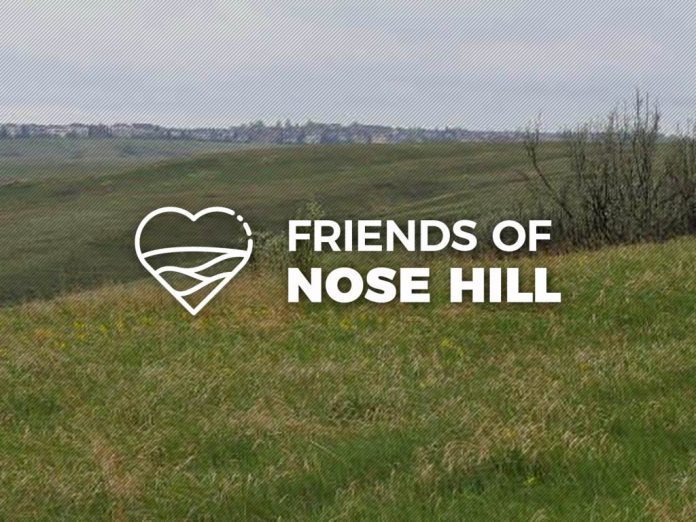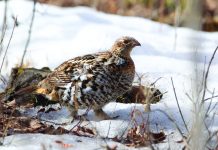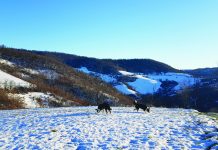Park Clean-Ups
Thank you to the volunteers who initiate clean-ups on Nose Hill, in other parks or green spaces, and in communities. The city offers free TLC kits for groups of ten, with enough garbage bags, gloves, hand sanitizers, with instructions. There are some tips for before your cleanup, on the day, and after, when you share your story. Tweet using #yyccleans.
Park Interpreters
Seasonal Park Interpreters must be 18+ years of age. Volunteers are needed from June to October and the commitment is of 6 shifts per season. Sanctuary Hosts work year-round when positions are available. Other Green Initiatives promote Parks programs. Training, supplies, and support are provided. If you join the Parks Environmental Education team, there is a screening policy and it may include police information checks. You will be able to learn about nature and cultural history, meet others, represent the city, and foster environmental stewardship.
Pesticides
Health Canada registers pesticides in Canada. There are federal and provincial laws, city environmental policies, and public notification for general pesticide use. The City’s Environmental Advisory Committee (EAC) has a Subcommittee which reviews the process and makes annual recommendations to EAC.
Since the early 1990s, concerns have been raised by environmental stakeholders about spraying pesticides. A task force was struck. City Council approved a Plan, in 1998, which applies to all civic land, including natural environment parks, such as Nose Hill, although there is a 1994 Natural Area Management Plan.
Representative and viable habitat types will be protected, so that environmental impact and safety are considerations. There are restrictions on human use in some areas of Nose Hill, such as the escarpment and aspen woods, to protect the native plants and wildlife. According to the 1994 plan, where recreational use and significant habitats conflict, protection of the natural resource will come first.










